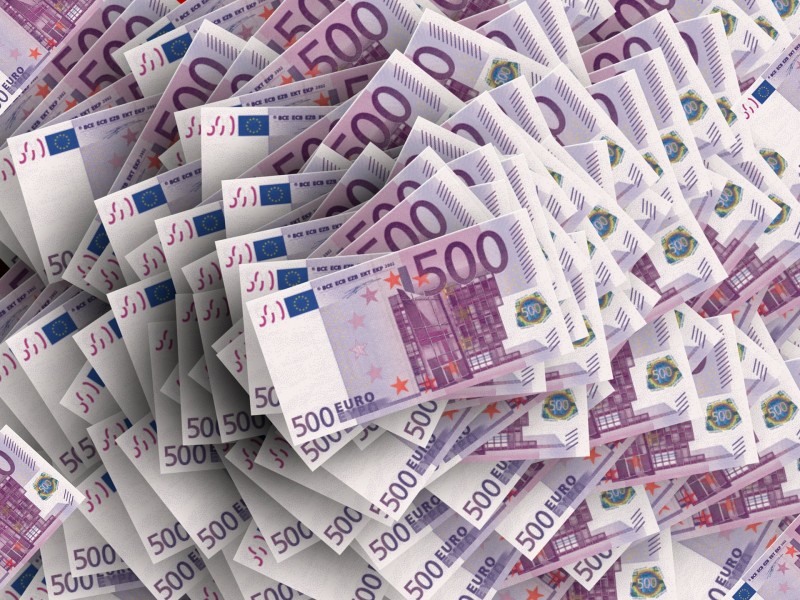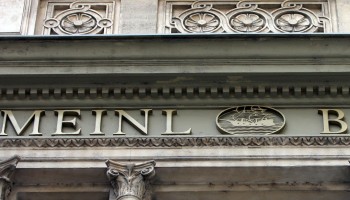In April this year, the Central Bank of Moldova discovered that three banks, including BEM, had paid a total of more than US$ 1 billion in November 2014 in loans to unnamed recipients. Investigators now believe the fraud scheme took place over years rather than days or weeks, as initially thought.
A court in the capital Chisinau ruled on Wednesday that Denis Urechi, working as manager of the firm ProAcvaCom, had submitted to BEM three faked land assessments based on which the bank loaned him € 1.7 million (US$ 1.9 million) in October 2011.
Along with the custodial sentence – the first to be passed in connection with the missing billion affair – Urechi was ordered to return the amount loaned to him. He maintains his innocence.
Wednesday also saw the first court hearing in another case linked to BEM.
Ion Rusu, owner of Caravita Co and Business Estate Investments, stands accused of using two companies he owns to launder funds and commit fraud. He has admitted guilt.
A media statement by prosecutors said: "The defendant confessed that, with intent to hide the origin of € 2.8 million [US$ 3.12 million] stolen from BEM, he made fictitious transactions with other companies to reimburse the funds credited."
It went on: "The schemes through which they laundered money involved dozens of local companies, but also offshore jurisdictions."
Rusu is brother-in-law to former Moldovan prime minister Vlad Filat, who was arrested last week by the National Anti-Corruption Center on suspicion of playing a major role in the missing billion. Filat has denied wrongdoing.
But Rusu claims Filat is the real owner of the two companies in his case. In return for his statement, he is expected to receive a lesser sentence.
Rusu's son Vladimir and two other employees of his companies are also being investigated on suspicion of complicity in irregular transactions at the BEM.
In the meantime, on the streets of Chisinau, the protests that began in May continue under the slogan: "We want our billion back!"
By Olga Ceaglei in Chisinau






